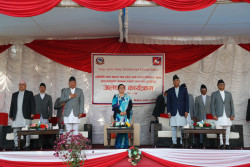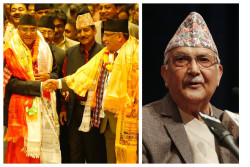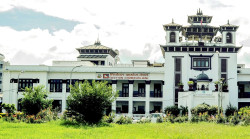Elections 2022

Are you bombarded with unwanted ads while scrolling through Facebook, Instagram or YouTube? If the answer is yes, you are not the only one facing this issue.
In fact, political parties, leaders and candidates contesting the November 20 elections have been on a spending spree to whip up more voters through unsolicited ads on social media.
They have placed ads worth more than $80,000 on Facebook, Instagram and WhatsApp since September 7, according to Meta, the parent company those online platforms. The spending on such ads until November 15 stood at $73,000.
As part of its Election Integrity Program, Meta has published all the information about political spending in Meta Ad Library – a webpage that lists all political ad spending. In addition, the Election Commission Nepal and Meta have been working closely since the local election of 2022.
Recently in October, representatives from Meta visited Nepal to train ECN officials, journalists, and other stakeholders, on tools and ways to fight election meddling, misinformation, hate speech and so on.
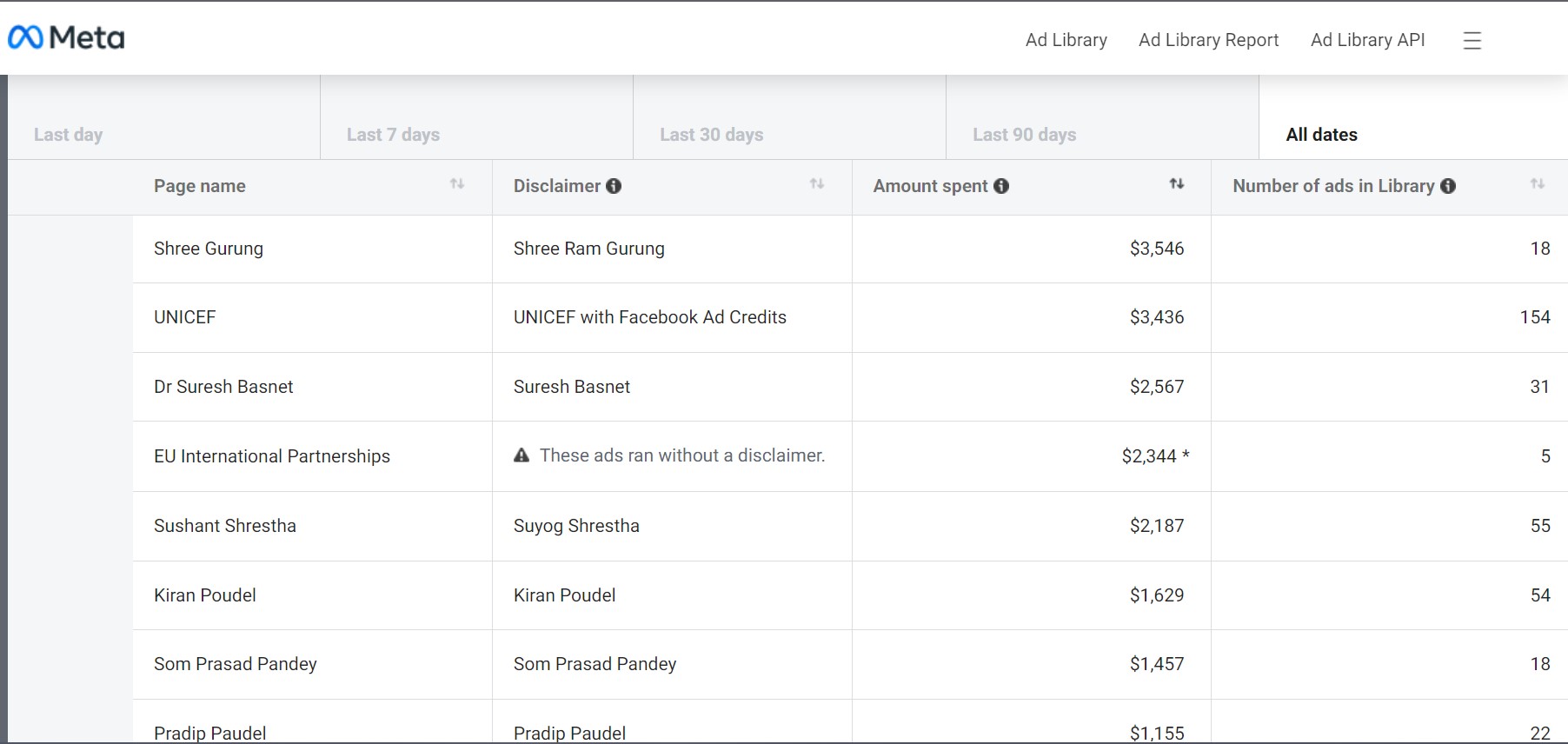
According to data from Meta, Nepali politicians are splurging on social media ad campaigns.
On Tuesday, Meta’s Ad Library shows Shree Gurung, an independent candidate contesting from Kathmandu-5 for the House of Representatives, is leading the campaign spending.
Gurung has spent $3,546 since the tracking began. In addition, he has promoted (boosted) 18 posts and advertisements for the amount since September. His spending over the past 24 hours stood at $150.
Similarly, Dr Suresh Basnet, who is running for the House of Representatives from Bhojpur-1 has spent $2,567 to promote 31 posts across Meta’s platforms.
Standing third is Sushant Shrestha, an independent candidate from Kathmandu-5. According to Meta records, he has uploaded 55 posts on his page and boosted it, spending $2,187.
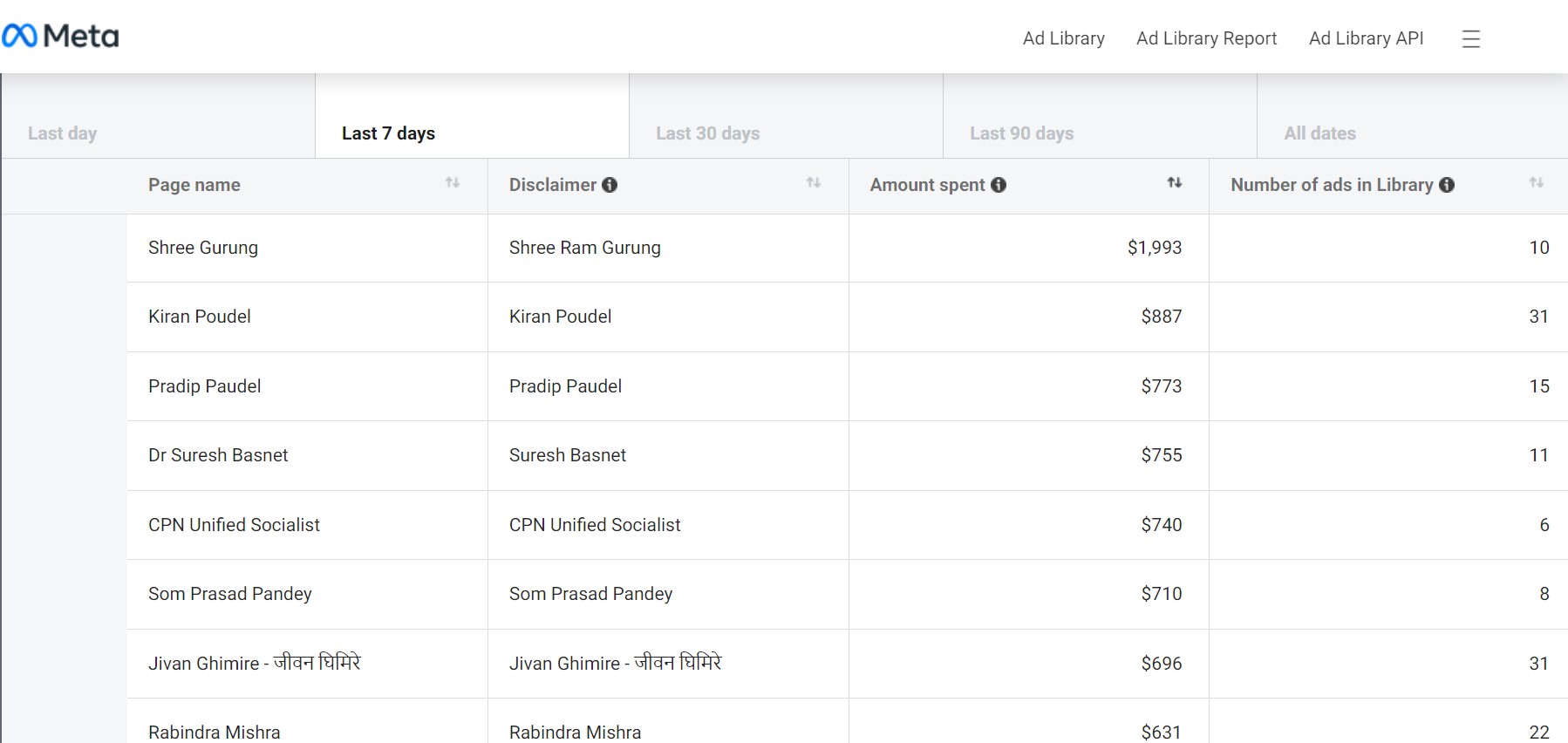
The page of CPN-UML candidate Kiran Poudel, contesting from Kathmandu-4, currently stands second in the weekly tally. His page spent $887 in the past week to promote 31 posts.
Similarly, the page of another CPN-UML candidate Pradip Poudel has spent $773 on poll promotion. He is vying for a seat at the HoR from Kathmandu-5.
For details click on Meta’s Ad Library.
Ethical questions
With the campaign silence period kicking in on Thursday, candidates are expected to go on a big spending spree in the remaining time.
These splurges by candidates in dollars to promote their social media pages and posts have raised ethical questions when the country is fighting to preserve its dwindling foreign currency reserve.
Nepal Rastra Bank, the country’s central bank, harbours doubt over the transactions for election advertisements on social media.”
Ramu Poudel, executive director at Nepal Rastra Bank's Foreign Exchange Management Department, said: “The maximum amount that can be spent from Nepal is $500 per year [using a dollar card]. But those with annual income of more than $5,000 can use a credit card to spend more.”
Studies carried out by government agencies show that those who do not have a dollar card are paying through their relatives and friends living abroad.
According to a study by the Nepal Revenue Consultative Committee (NRCC) on taxation in online business, independent and party candidates use their contacts overseas to pay for advertisements on social media platforms.
“They would then pay the equivalent amounts in local currency to friends and relatives of those contacts in Nepal,” says the report submitted by the committee. However, the Council of Ministers dismissed the finding on September 27.
The candidates are required to submit their expenses on the election campaigns, including ads on social media, to the Election Commission.
Under the NRB regulations, spending more than the $500-limit and making payments through overseas contacts are both illegal.
One more
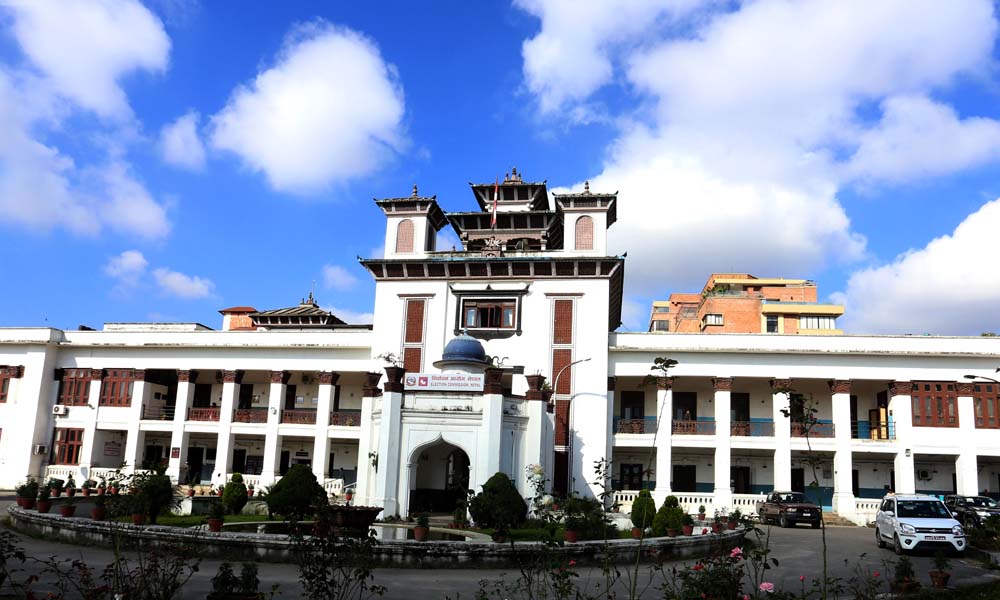
Nepal is incurring a considerable loss in tax revenues due to illegal online transactions.
"The trend of placing ads on social medai platform through illegal social networks has increased rapidly. Such networks are taking billions of rupees out of Nepal every year,” the NRCC report says.
Following the NRCC’s recommendation, the government has decided to bring such expenditure in Nepal under taxation by the current fiscal year 2022/23.
Ritesh Kumar Shakya, director general at the Internal Revenue Department, said the government has incorporated into the budget the electronic service tax (Digital Service Tax) under the Economic Act 2022.
"Digital Service Tax is levied at the rate of 2 per cent of the transaction amount for the electronic services provided to the consumers of Nepal," said Shakya. “Some companies are in the process of registration and some are showing interest for registration.”
